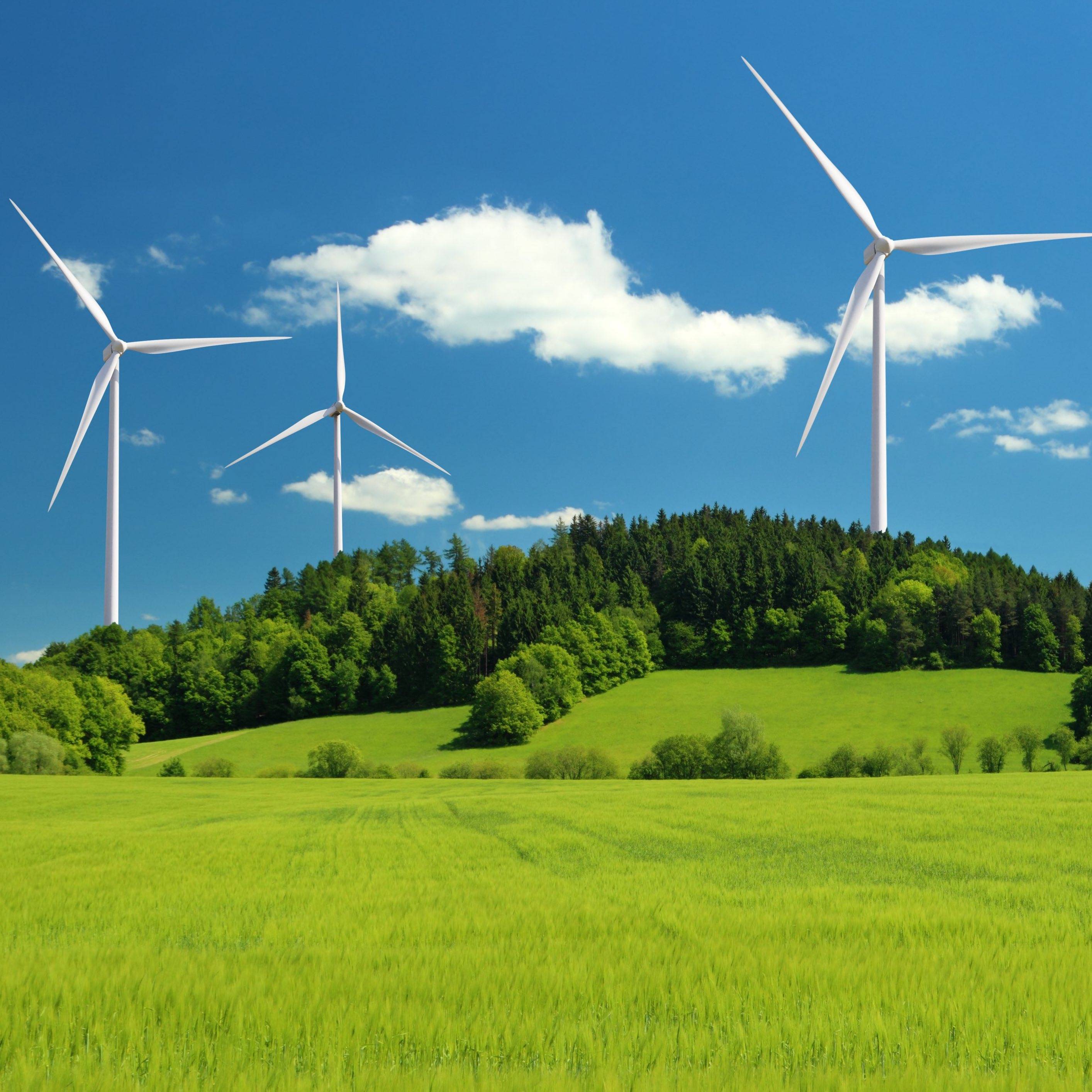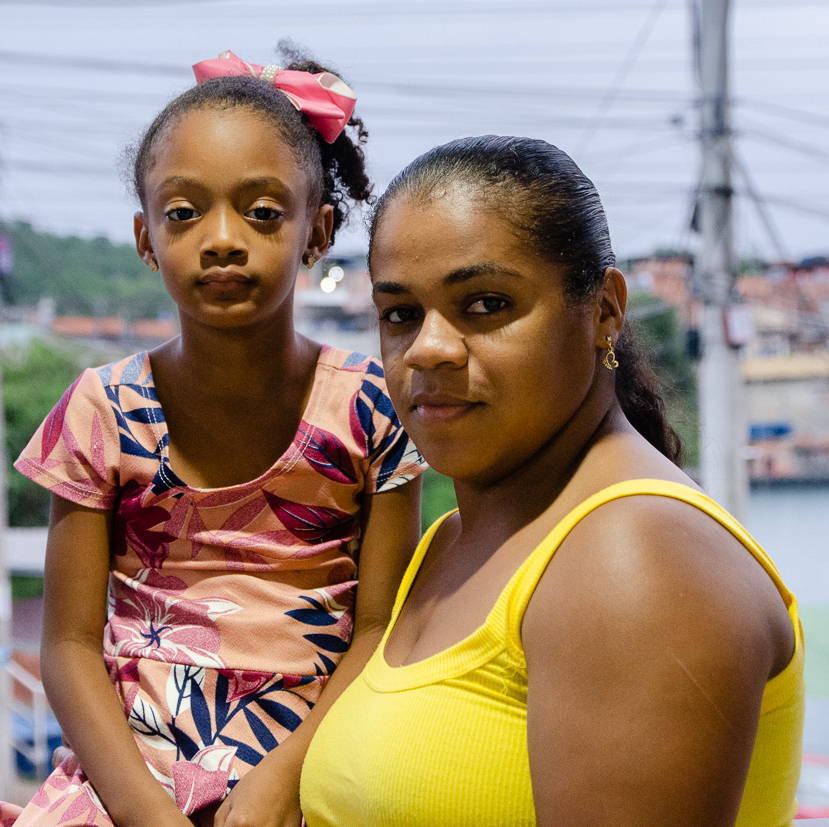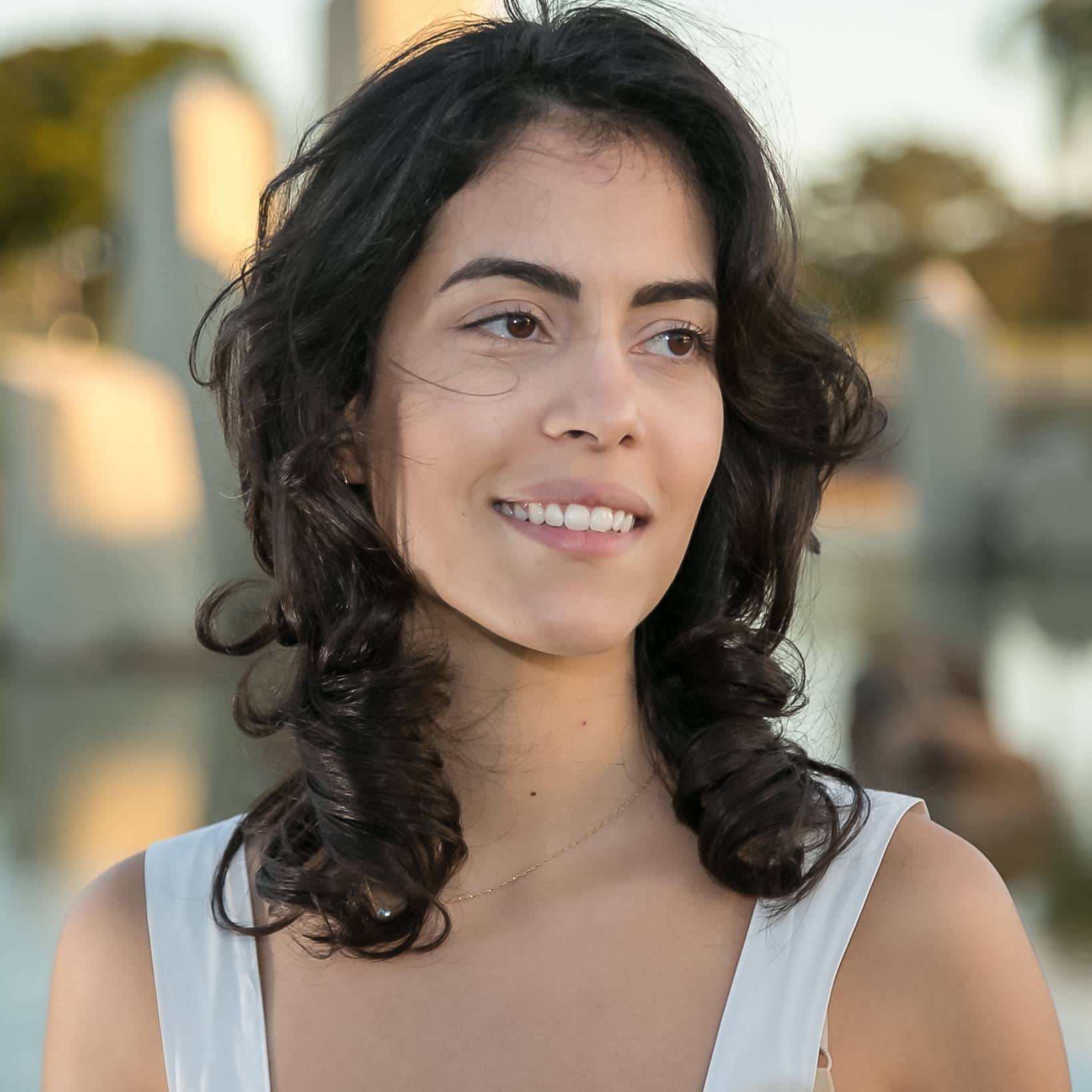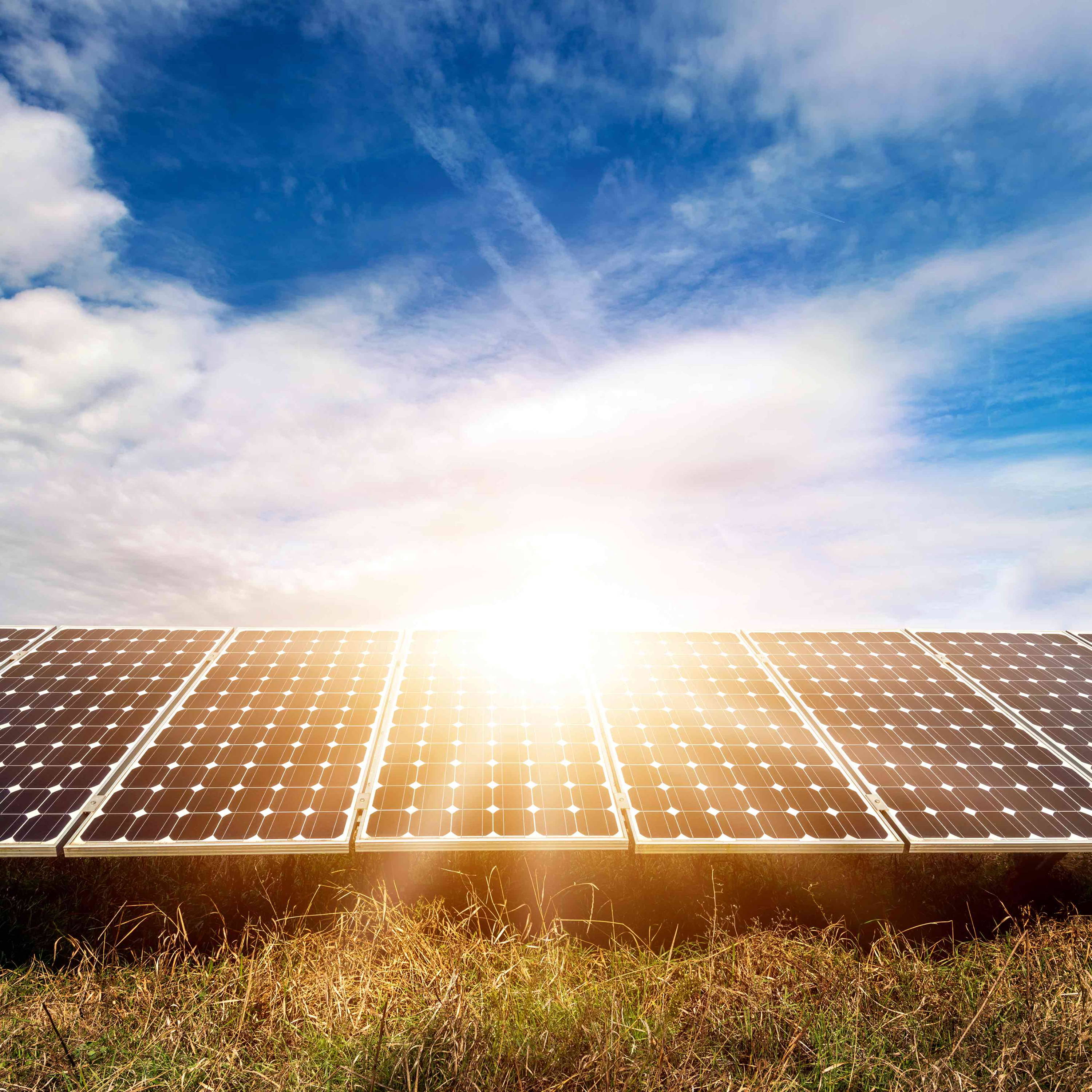
Image: Shutterstock
Goal 7: Affordable and Clean Energy
how solar power projects in brazil are saving both people and planet
#TOGETHERBAND partner Victory Hill recently invested $63m to fund 18 solar farms in Brazil. The results could be life-changing
By EMMA ELMS
ADDITIONAL RESEARCH: DANIEL AVELAR
23 AUGUST 2021
With more and more of us experiencing catastrophic flooding and more extreme heatwaves across the globe, the climate crisis has never been more pressing. Providing clean, environmentally friendly sources of energy worldwide is one vital part of the climate jigsaw and a mission #TOGETHERBAND and many of our partners, including the London-based specialist investment firm Victory Hill, are passionate about.
‘Our company was formed around the notion that the transition to renewable energy is a reality and some countries need help with accelerating it,’ explains Anthony Catachanas, CEO of Victory Hill. ‘We are all trying to achieve the goals as they were set out in the Paris Agreement during COP21. Different governments have since failed to achieve their commitments, but there is broader recognition and acceptance of the principle that we do need to transition our whole energy system.’
The solar solution
Victory Hill (VH) makes direct investments in global energy infrastructure that supports the Sustainable Development Goals, with the aim of facilitating the energy transition to a Net Zero Carbon future. As such, they’ve chosen to make a $63 million commitment to fund the construction of 18 solar generation projects across ten Brazilian states with a total capacity of 75MW.
‘Solar energy has an enormous potential for clean electricity generation in Brazil and the costs of solar generations have dropped significantly over the years,’ says Clarice Ferraz, economist, professor at the Federal University of Rio de Janeiro’s Chemistry School and director of the Ilumina think tank on the energy sector. ‘Along with wind energy, solar can help us expand our capabilities towards a completely carbon-free future.’
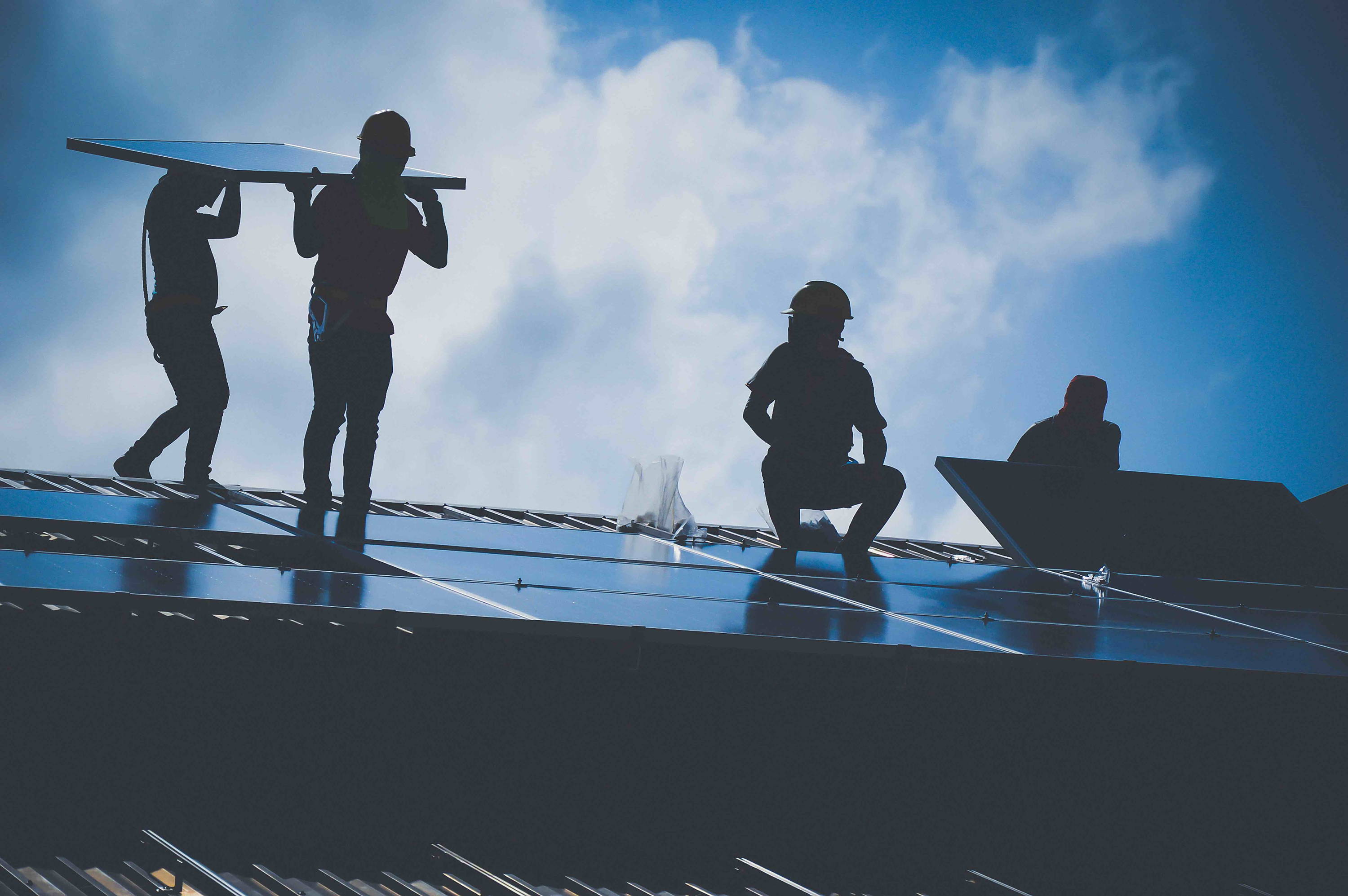
Solar panels being installed
VH is partnering with developer Energea Global LLC to build and operate the solar farms, which are set to supply clean energy via 20-year contracts to both commercial and industrial energy users, as well as large multinationals with operations in Brazil.
Solar energy is still growing in Brazil, a trend VH is keen to support in underserved communities. ‘We’re going out to those remote areas in Brazil where people need more energy and want to get it from renewable sources, but can’t find it,’ says Catachanas. ‘We’re building solar farms there and giving people what they need.’
Renewables: a slow journey
He explains that if you want to resolve the global problem of the clean energy transition, you need a tailored approach that targets local issues. The VH team is culturally diverse, speaking multiple languages, which helps ensure a deep understanding of the specific problems facing individual communities in different countries around the world.
The energy issues in Brazil are complex. ‘Although the country has historically relied on renewable sources such as hydroelectricity, its energy supply has never been 100% clean,’ explains Clarice Ferraz. ‘What’s worse, over the last few years the country has become increasingly dependent on highly polluting thermoelectric plants, while there is little government investment into cleaner technologies. Right now, there are communities in Northern Brazil that rely on diesel-fuelled energy plants, which are extremely inefficient and terrible for the environment. At the same time, Brazil is facing a severe drought which has affected the dominant hydroelectric sources, increased energy prices and could cause blackouts in the coming months.’
In some countries making the transition to clean energy is about taking a gradual approach. ‘It’s about facing the localised realities of local communities which in some cases might not yet involve any renewable power generation at all,’ says Catachanas. This sounds surprising, but he says it needs to be a gradual shift. Playing the long game is vital. ‘It might even involve working with conventional energy but not contributing to extracting more fossil fuels and instead helping facilitate a displacement of highly pollutive fuels for less pollutive fuels in the interim.’
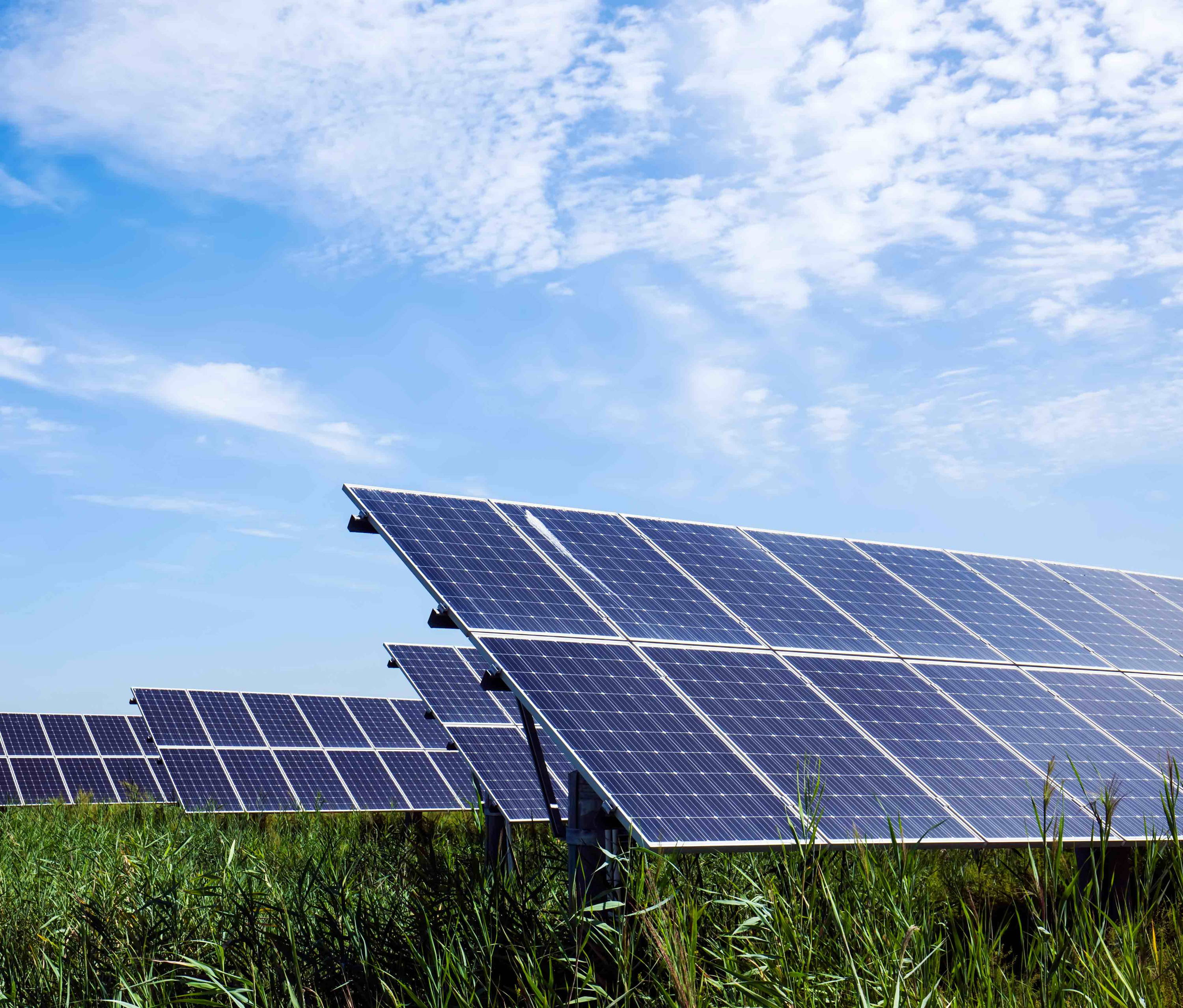
Brazil’s COVID-19 crisis
With the pandemic, life in Brazil is tough right now, one of the reasons we selected this country for our own vital #TOGETHERLIVE fundraiser last year linked to Goal 6: Clean Water and Sanitation. Eduardo Monteiro, VH’s Co-Chief Investment Officer, who is himself Brazilian, says, ‘Brazil is in a difficult situation compared to many other countries with so many people dying from COVID. You also have the economic reality – it’s one thing in the UK to say, “Let’s lock down the country” and people continue to work from home, but in Brazil there’s an economy where a lot of people are required to travel to work and cannot do it from home – cleaners, waiters, factory-workers, and people in retail and commerce.’
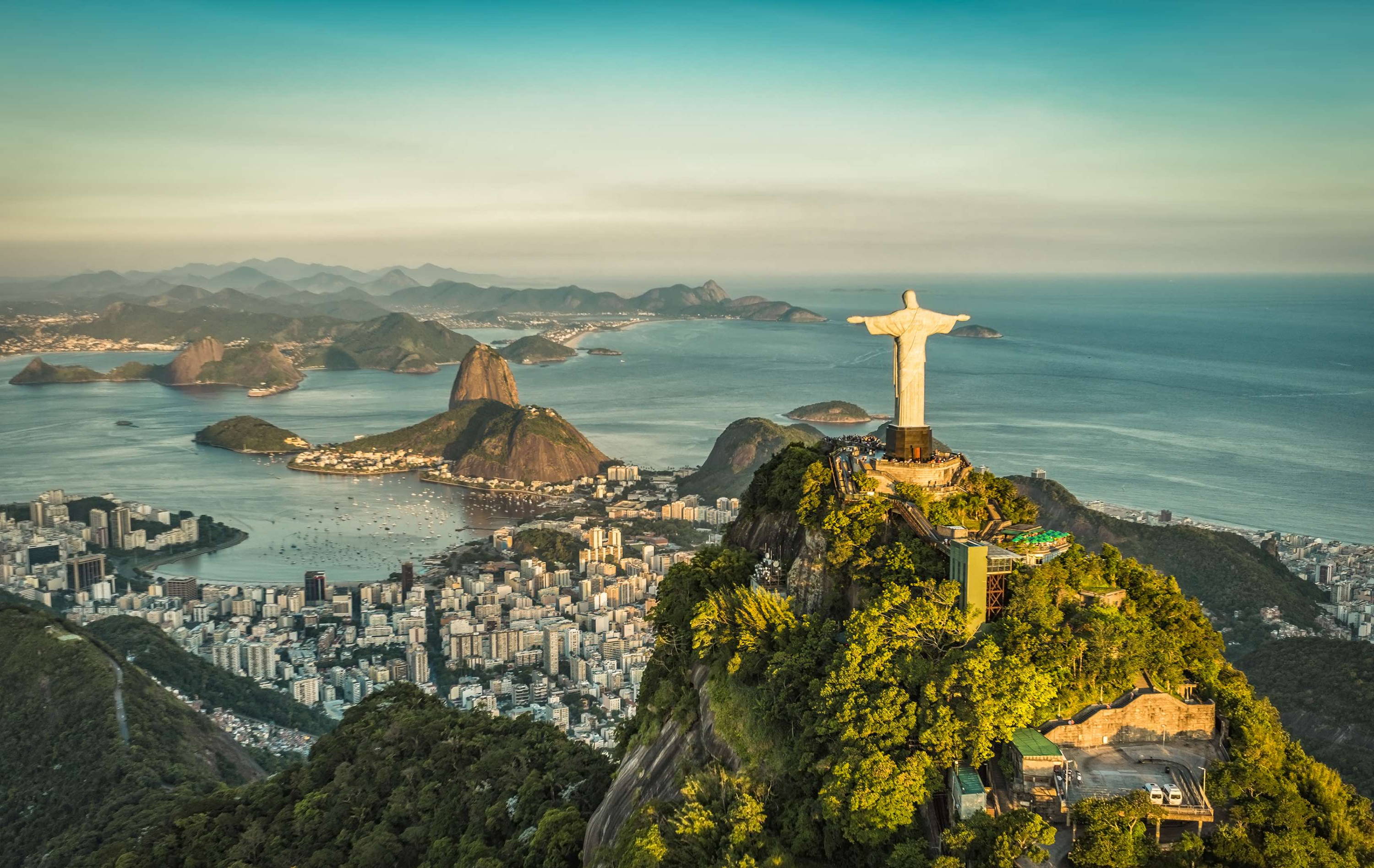
Rio, Brazil, home to one of the new solar projects
A greener future
As a Brazilian, Monteiro feels great pride that his company is providing jobs and facilitating economic growth in Brazil through the promotion and support for ‘Geraçao Distribuida’ (or ‘distributed generation’), at a time when the country needs it most. He and his colleagues see huge potential for growth in the Brazilian renewable power generation market.
‘Brazil is starting from a unique, privileged position in some ways,’ he explains, ‘because the UK, US and many other countries have plenty of coal available historically and they’ve built their energy infrastructure around coal. Brazil is coming from a different position. The country already has a lot of clean energy from hydropower, so it’s about keeping that balance – keeping hydro as a base energy and then growing into other renewable energies, such as wind and solar, because the three combined can resolve the issue of renewable power intermittency. In this way, it’s ahead of many other countries around the world.’
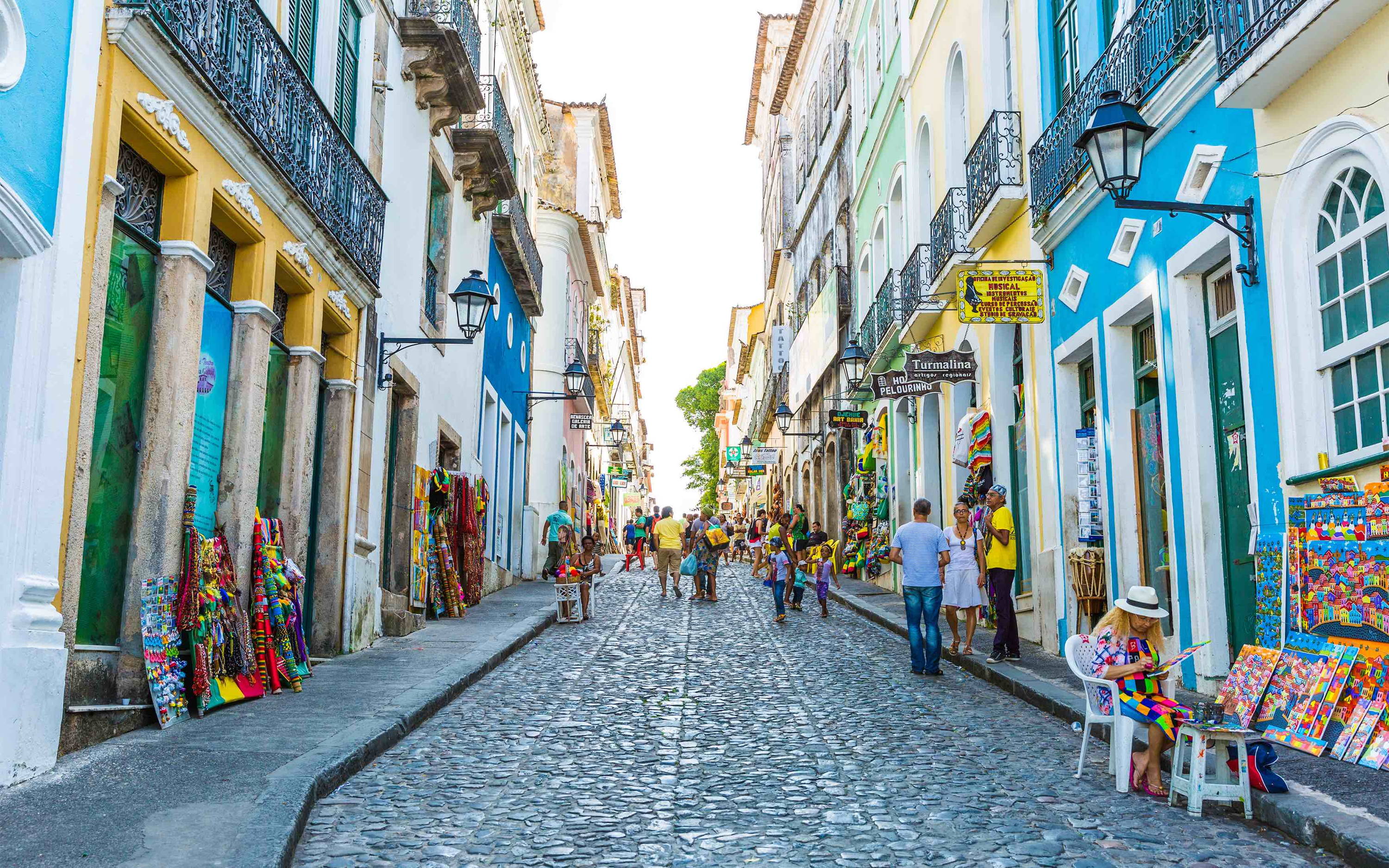
Bahia, Brazil, where one of the solar projects will be located
Energy expert Ferraz agrees. ‘Brazil’s climate diversity and installed energy infrastructure highly favour a green transition. There is plenty of space for wind and solar energy projects, and hydroelectricity can compensate for supply oscillations caused by unfavourable weather conditions.’ However, she points out that the expansion of clean energy by itself is not enough to address the crisis, adding, ‘We must also increase efficiency by changing consumption habits.’
The stark reality is that while energy infrastructure does reach most Brazilians, in a country where over eight million people survive on less than $1.90 a day, many are too poor to pay their utility bills. ‘Sadly many people in the favelas still rely on ‘gatos’, or illegal connections to the electricity grid which cause a number of accidents and even deaths,’ says Ferraz. However, she believes that solar power could provide fresh hope, if rolled out to the wider public. ‘Solar energy can improve daily life in these communities by making access to electricity safer, cleaner and more affordable.’
All images: Shutterstock
100% of profits from the sales of #TOGETHER products go to charities that advance the Sustainable Development Goals. Find out more here.
